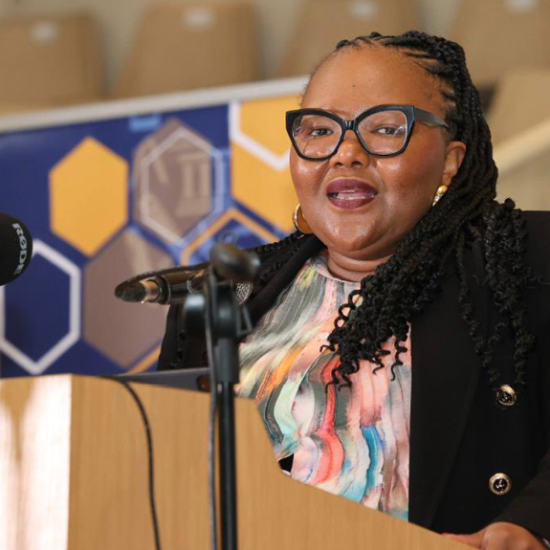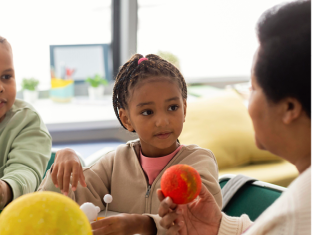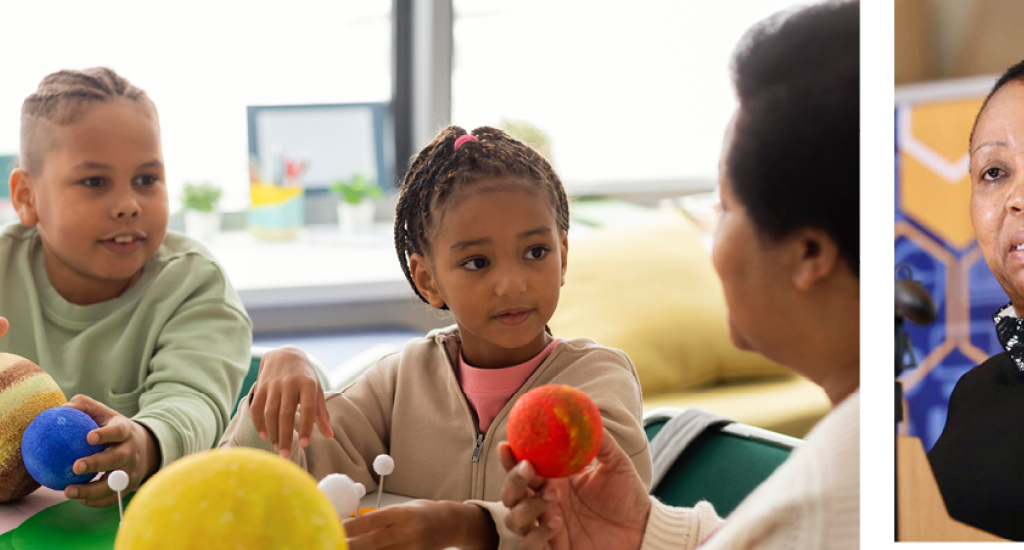Bridging the gap:
Free State G20 Indaba charts bold path for education equity

In a powerful crescendo to the Free State G20 Education Indaba, held at the Central University of Technology (CUT) in Bloemfontein, leaders, educators and global partners converged to reimagine the future of South African education. Held under the theme; “Educational Professionals for Solidarity, Equality and Sustainability,” the Indaba delivered more than dialogue; it delivered a blueprint for transformation.
A day of reckoning and resolve
Dr Mamiki Maboya, MEC for Education in the Free State, closed the Indaba with a stirring call to action.
“History will not remember the speeches we made today, but it will remember the opportunities we created, the systems we reformed and the futures we unlocked”.
Her remarks captured the urgency and moral clarity that defined the day. With only 36.4% of children attending early childhood development (ECD) centers, the province faces a fork in the road: continue perpetuating inequality, or build a system that recognises different starting lines and acts accordingly.
ECCE: The cornerstone of equity
The Indaba placed Early Childhood Care and Education (ECCE) at the heart of foundational learning. Evidence shared revealed that 90% of brain development occurs before age five, yet most children begin school already disadvantaged. Speakers called for:
- Expanding ECCE access in every ward, especially rural and township areas.
- Upskilling and accrediting ECD practitioners.
- Embedding health, nutrition and psychosocial support into all ECD programmes.
Mari Payne of Takalani Sesame highlighted the need for more than 270 000 additional ECD teachers, emphasising that quality and inclusivity must drive expansion.
Teachers: The engine of transformation
Teacher development emerged as the second pillar of reform. From foundational phase training to digital pedagogy, the Indaba called for:
- Accelerated professional development in modern teaching methods.
- Bridging the digital divide with age-appropriate tools.
- Using credible data to monitor Grade R – 4 outcomes and guide interventions.
Professor Pamela Dube, Vice Chancellor of CUT, reminded delegates that ECD is not a short-term fix but a long-term investment in human capital and economic productivity.
A whole-of-society approach
The Indaba underscored that education reform cannot be siloed. Cross-sector collaboration – with health, social development, higher education and traditional leadership – is essential.
Basic Education Minister Siviwe Gwarube’s keynote address at the Indaba powerfully illustrated the stark disparities in South African learners’ starting points, urging the nation to confront the bifurcation in its education system. She called for Grade 4 readiness to become a national benchmark and emphasised that early learning must be a shared responsibility across families, educators, communities and government.
The Minister’s five-point intervention plan: upskilling ECD practitioners, ensuring smooth transitions to formal schooling, using credible data for decision-making, embedding nutrition and care and building community capacity underscored the need for contextual, locally grounded solutions. The Minister’s message was clear: South Africa must choose transformation over inertia and build an education system that meets every child where they are, with dignity and purpose.
From dialogue to action
The Free State Department of Education committed to:
- Consolidating all insights into a provincial report for national and G20 integration.
- Embedding recommendations into provincial strategies.
- Sharing outcomes with stakeholders for broad ownership.
- Contributing to the national G20 Education Indaba.
In her closing remarks, Maboya emphasised the need for equality on the sector.
“Let us choose justice over inertia, equity over comfort and transformation over preservation of the status quo.”
The Free State G20 Indaba was not just a conference, it was a turning point. A moment where South Africa’s education leaders chose to bridge the gap. ❖




